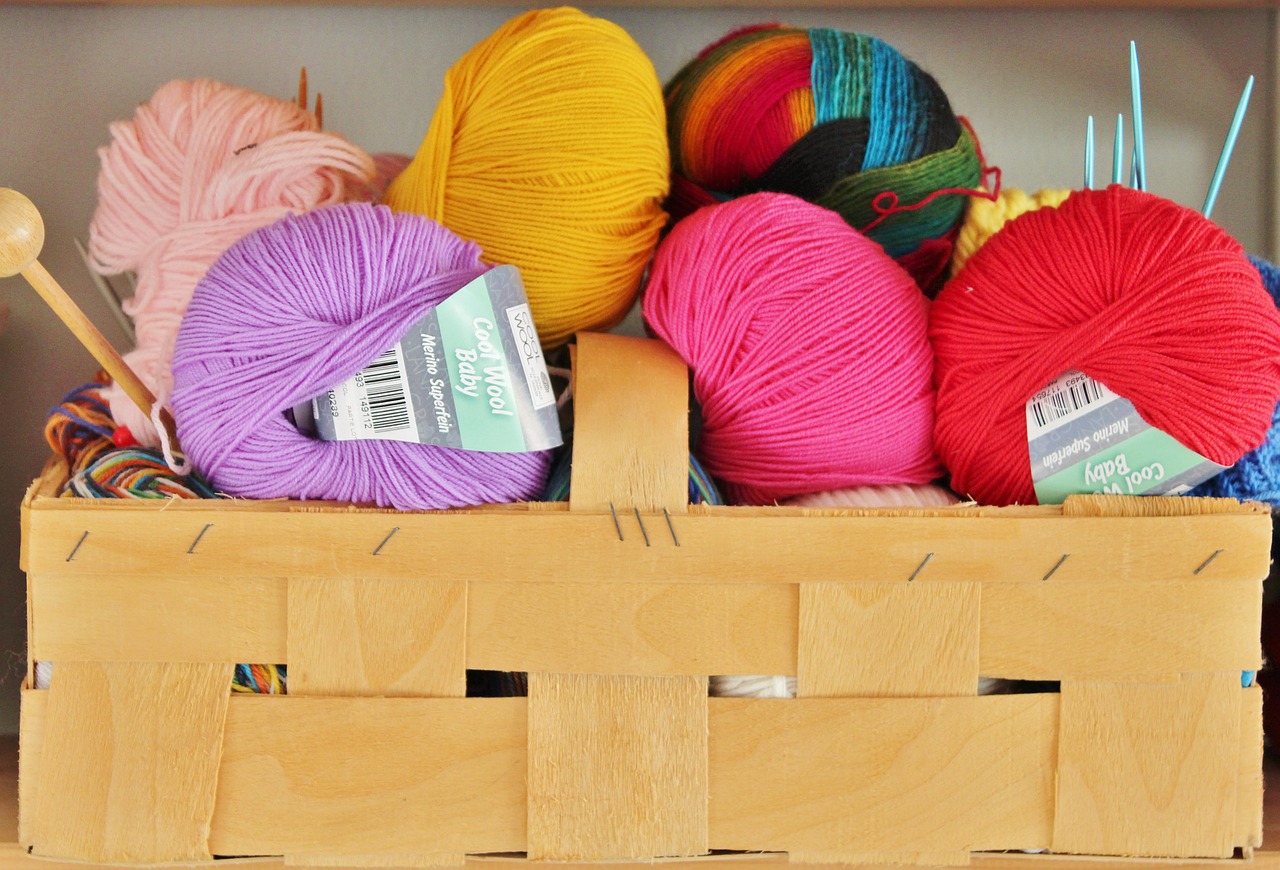Guest article by Bryce Platt, Thefitnesspharmacist.com
Creatine. This word invokes fear in many people. For me, it invokes ideas of the potential this supplement could have in the future. Creatine is typically used as a supplement to increase size and strength in athletes; however, numerous studies have been done to research creatine and its effects on mental health. These lesser known effects have great potential to help everyone.
Psych Disorders
One experiment focused on the value of creatine in mental health by assisting in treating psychiatric disorders. Supplemental creatine was found to have “the ability to alter brain energetics, promote neurogenesis, and improve brain function safely and effectively.” This study found creatine could increase the firing of nerve cells and stimulate the growth of new nerve tissues, which improved cognition of the patients with psychiatric disorders.
Depression
Depression is the most common mental health disorder. Science is continually looking for better options to assist in the management and treatment of depression. Currently in the early stages of research, creatine is one option. Long-term creatine supplementation creates an effect much like antidepressant medication. Pathways in the brain that could relate to these antidepressant qualities have been connected with creatine. The effect was more consistent in women. These findings may lead to finding links that could lead to novel antidepressants for women, or other ways to utilize creatine.
Sleep Deprivation
Creatine has been found to improve cognition in the sleep-deprived as well. Sleep deprivation impairs thinking and decreases energy stores—creatine efficiently refuels these stores. Nothing is better for improving cognition in sleep deprivation than getting more sleep; however, many people do not view more sleep as an option. Creatine can be one addition to help mitigate the decreases in mental performance that occur with occasional (or continuous) sleep deprivation.
Recommendation
Consult with your physician first, but I recommend taking 2-5 grams each day of creatine monohydrate (which is the plain, white powder form). I linked one example from Amazon, but any brand that has creatine monohydrate as the only ingredient is equally as good.
Photo credit by Pixabay
*Disclaimer: This Content is not intended to be a substitute for professional medical advice, diagnosis, or treatment. Always seek the advice of your physician or other qualified health provider before starting any treatment or using any supplement or medication. Never disregard professional medical advice or delay in seeking it because of something you have read on this website.











